How to loop without using VBA or macros?
Looping is a fundamental concept in Excel, and it can be done using VBA or macros. However, there are also ways to loop in Excel without using VBA or macros.
We will show you how to loop in Excel using the IF function and the INDEX function.
It is very common to create the required loops in Excel vba like if loop, do while loop, do until loop, for loop, while wend loop for different purposes.
But here we will create a similar effect in Excel using formulas.
Setting Up the Loop Formula
In any Excel file, name one sheet as ‘testsheet’ and another as ‘result sheet.’ In cell A1 of ‘result sheet,’ write the formula:
=IF(‘testsheet’!C1 <= 99,’testsheet’!A1,””)
Copy this until row 40.
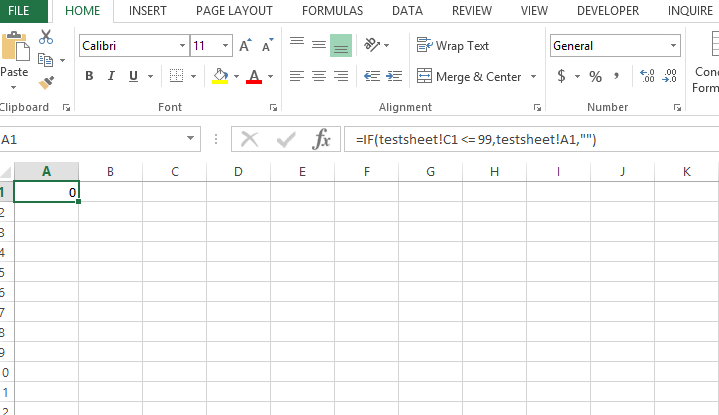
Now, in cell B1 write formula: =A1
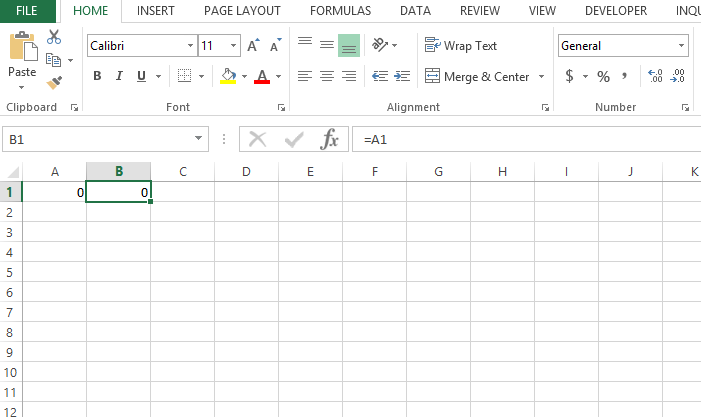
Now, in cell B2 write: =B1 & A2
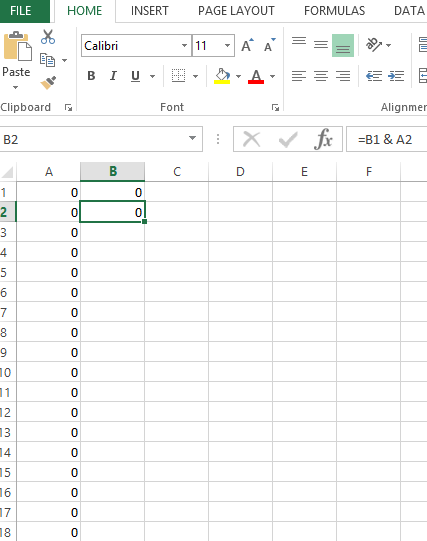
Looping in Excel without Vba code
Copy this till B40. We will get the following results:
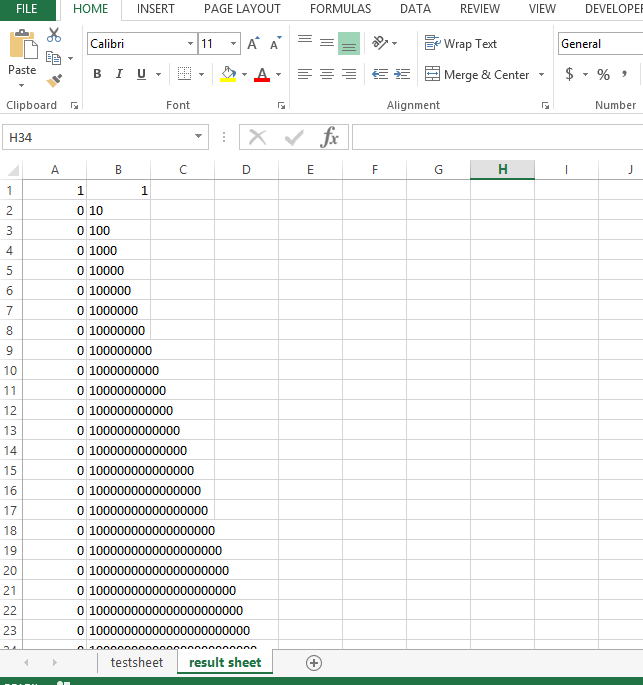
It worked the same as for loop in but without Vba code involved.

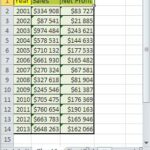
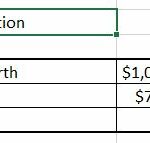

Leave a Reply